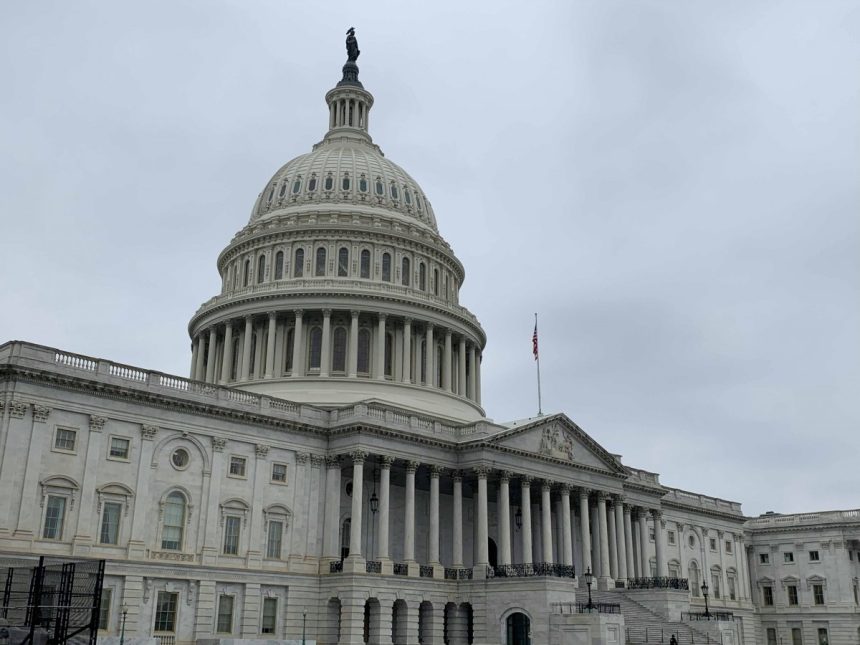The Senate has passed a $2 trillion stimulus package in response to the economic downturn brought on by the coronavirus outbreak.
With the support of Mississippi’s Senators, the Coronavirus Aid, Relief, and Economic Security Act (CARES Act) passed by a unanimous vote and will now move over to the House.

The legislation, the largest of its kind in U.S. history, includes nearly $350 billion for small businesses, $500 billion in loan funding for major industries, expanded unemployment benefits and a one-time $1,200 payment to most Americans.
Senator Roger Wicker stated that, in addition to its economic intent, the bill also includes measures to strengthen America’s healthcare system.
“This bipartisan legislation will bring urgently needed financial relief directly to the American people,” Wicker said. “In order to help workers, we are providing assistance to prevent layoffs and keep businesses from shutting down. For those who have already lost their job, we are significantly increasing unemployment checks. This plan will also help contain the virus by supporting hospitals and giving Americans certainty as they comply with public health guidelines. The House of Representatives should act without delay, because the American people need support now.
Wicker, the chairman of the Senate Committee on Commerce, Science, and Transportation, helped to author the original CARES Act.
The bill initially stalled earlier this week, but negotiations continued. While Senator Cindy Hyde-Smith was critical of Senate Democrats for blocking the bill, she noted that the deal needed to get done.
“There isn’t a single facet of our society that is not being touched by the coronavirus pandemic. The CARES Act is all about alleviating human suffering, both from a health and financial standpoint,” Hyde-Smith said. “A lot of bipartisan input went into this legislation, which we’ve been waiting days to pass. It is not perfect and may require fine-tuning, but it is what the people of Mississippi and this country need in these unprecedented times. It will begin to provide immediate and targeted assistance where it is needed most.”
The House will now vote on the legislation, which President Trump has indicated that he will sign.







